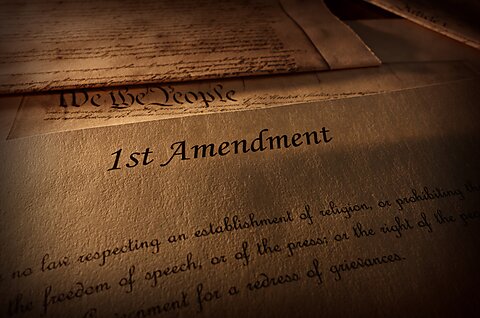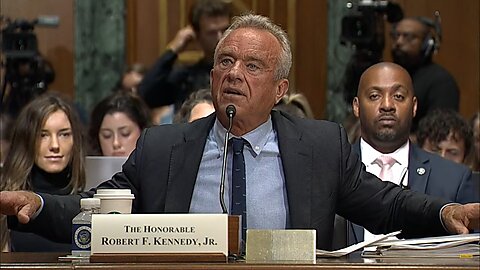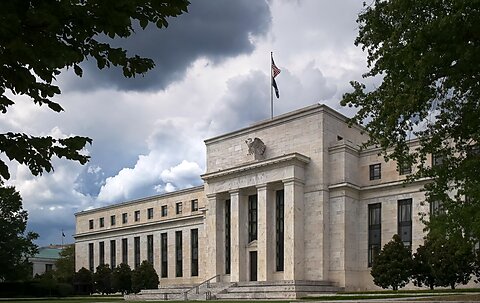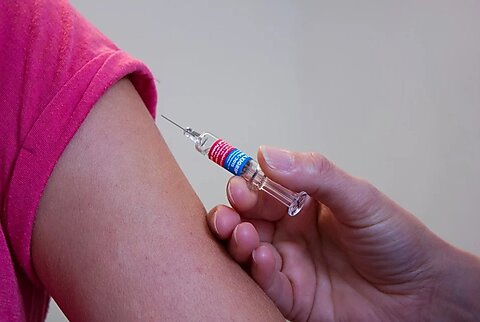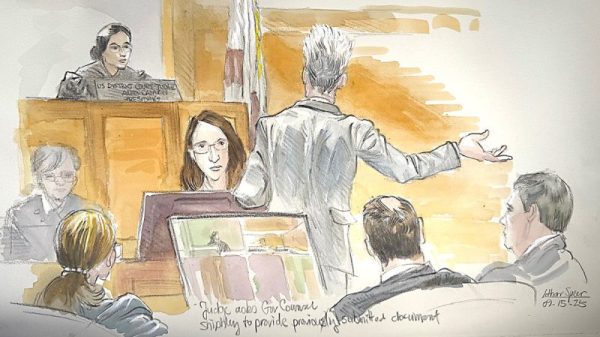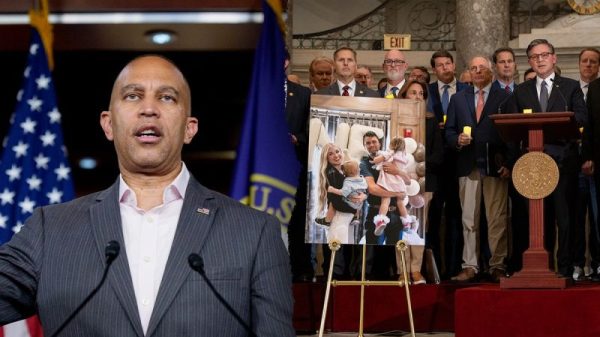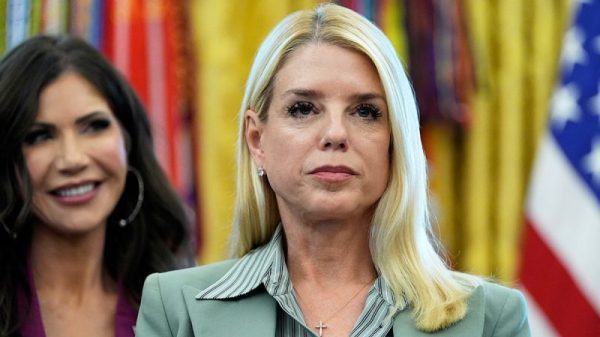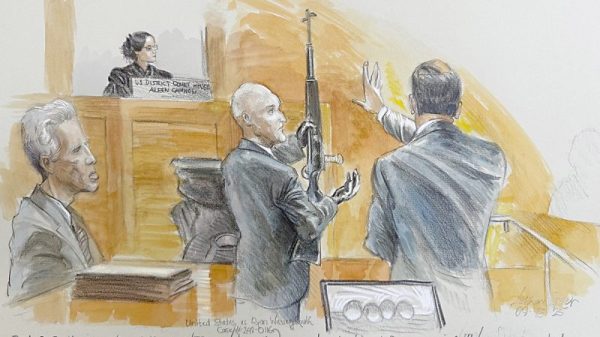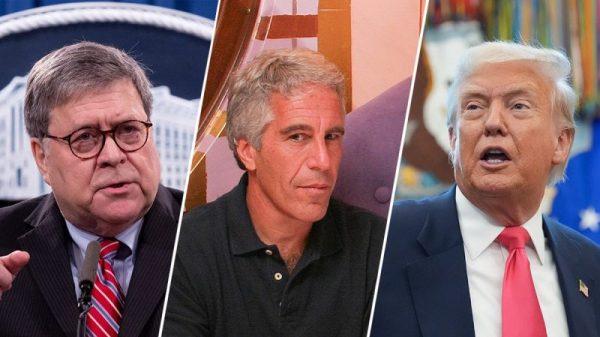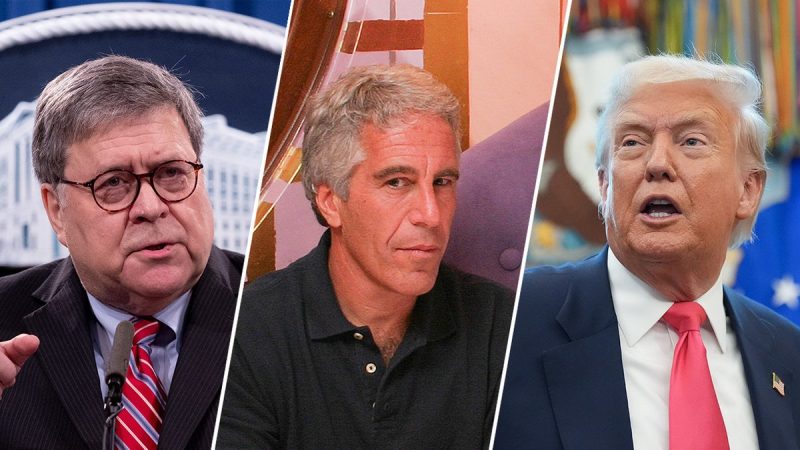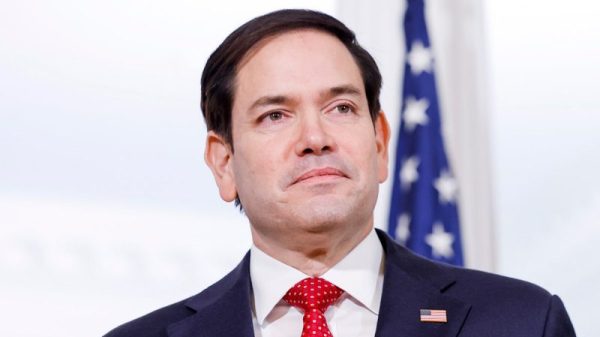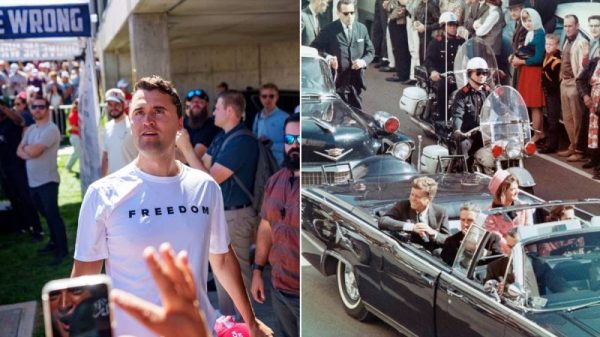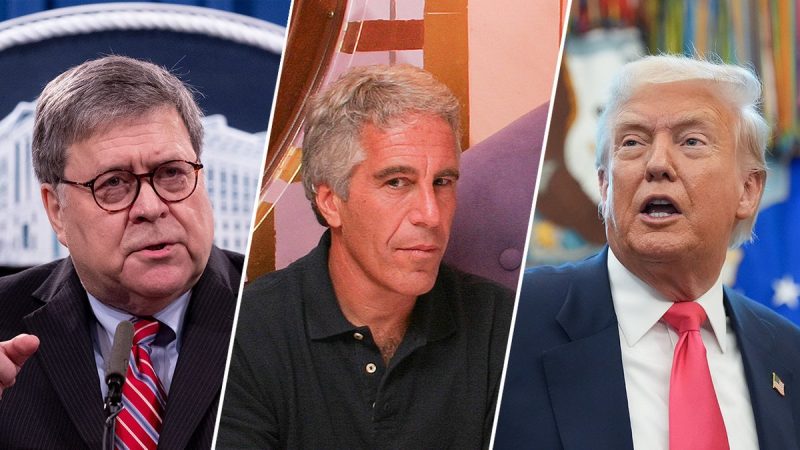
The House Oversight Committee on Tuesday released a roughly 120-page transcript of former Attorney General Bill Barr’s deposition, and it appears to affirm Republicans’ claims that the former Department of Justice (DOJ) official had no knowledge of any incriminating ties between President Donald Trump and Jeffrey Epstein.
That’s despite the top Democrat on the committee claiming last month that the full transcript did not clear Trump of wrongdoing.
The House Oversight Committee has been investigating the DOJ handling of Epstein’s case, having subpoenaed multiple people and entities in the process.
Among them is Barr, who told investigators that he’s had two conversations with Trump about Epstein – once after the late convicted sex offender committed suicide, and another time he could not place.
Barr also denied Trump expressed any views on the DOJ’s Epstein probe, nor did he give instructions or state preferences in its conduct, according to the transcript obtained by Fox News Digital.
During a line of questioning led by Rep. Jasmine Crockett, D-Texas, Barr said he never recalled telling Trump his name appeared in documents related to Epstein.
‘I’m curious to know, in those conversations that you do recall with the president, do you recall ever informing him that he was in the Epstein files at all, number one?’ Crockett asked, according to the transcript.
Barr replied, ‘Well, I’m not sure what ‘Epstein files’ refer to these days. But, no, I didn’t – I didn’t have that kind of conversation with him. I think at some point logs were made public that he was on Epstein’s plane making commutes from – or flying between Miami and New York or Miami and New Jersey or stuff like that, and I think that that got out publicly. I don’t recall discussing that with him.’
Crockett then asked, ‘And you have no direct knowledge of any of the young women or women that claimed that they had encounters with the president through Epstein, correct?’
‘I was never told that there was evidence to support that claim,’ Barr said, according to the transcript.
Barr later told investigators that he believed any incriminating evidence about Trump would have leaked if it existed, and he suggested the same would have been true of former President Bill Clinton, who, like Trump, was also known to be friendly with Epstein at one point.
‘I think it would come out if there was any feeling that, within the government, on either side, that someone was covering up. I think it would get out. I mean, [the Southern District of New York] is also – and New York – is also well-known as being the home of many, many a leak on investigations,’ Barr said.
A House Oversight lawyer asked, ‘So, in your experience, you have no doubt, if SDNY prosecutors saw evidence of a crime, they would’ve followed that evidence, and if it led to an indictment, they would’ve indicted, and if it led to a conviction, they would’ve followed the facts where they led. Is that fair?’
Barr said he would have anticipated such moves, even for high-profile individuals.
‘I also feel, you know, that, you know, they would’ve done the same for Clinton, I believe,’ he said.
‘I think – you know, remember, this stuff also went on under President [Joe] Biden’s administration, and they were looking for something to bring against President Trump, and this was – if they had evidence, this would’ve been low-hanging fruit. I just don’t – I was never informed of the evidence, and I’m skeptical there is any.’
The former Trump administration official also conceded, however, ‘I think it is possible that the SDNY did not inform me, you know, how deep they were in the investigation of particular individuals. That would not surprise me.’
‘By the same token, I feel that my view of that office and the people involved would be that, if they had evidence establishing a crime, they would pursue it as such,’ Barr added.
Partisan sparks flew after Barr’s testimony after the top Democrat on the House Oversight Committee, Rep. Robert Garcia, D-Calif., argued that his remarks did not clear Trump of wrongdoing.
‘[T]o be clear, yesterday, during his deposition with the committee, Attorney General Barr could not clear President Trump of wrongdoing. Chairman [James Comer, R-Ky.,] should release the full unedited transcript of his interview for the public,’ Garcia wrote in an August statement.
But the transcript appears to show that, at least to Barr’s recollection, Trump was not tied to Epstein in any criminally liable way.
Of the two conversations with Trump regarding Epstein, Barr said, ‘One was when I heard about the suicide. I called him up and said, ‘You better brace for this,’ and I told him words to that effect, and I told him about it and told him we were going to be investigating it very vigorously. And the second one, I can’t say for sure whether it happened before his suicide, during – meaning around the time of his arrest or whether it happened after his suicide during the continued developments there.’
The transcript also showed Barr defending current Attorney General Pam Bondi reportedly informing Trump that his name appeared in the Epstein files in recent months as standard procedure.
‘I think that would normally be what the attorney general would do, you know, is to give the president a heads-up if something is going to happen like that, the release of documents that have his name in it and that will be, you know, a lot – there would be a lot of speculation about it,’ Barr said.
‘It’s completely normal to tell the chief executive that his name is about to be released. There’s nothing inherently wrong with that.’
Barr did not recall many specifics of the investigation throughout, but he did concede at one point that there were shortcomings in the federal probe. More specifically, he described the period when authorities were unable to locate Ghislaine Maxwell as ’embarrassing.’
And despite controversy erupting over the DOJ declaring the case closed earlier this year, Barr dismissed any conspiracy theories about Epstein’s death.
‘Absolutely,’ he answered when asked if he still believed Epstein committed suicide.

